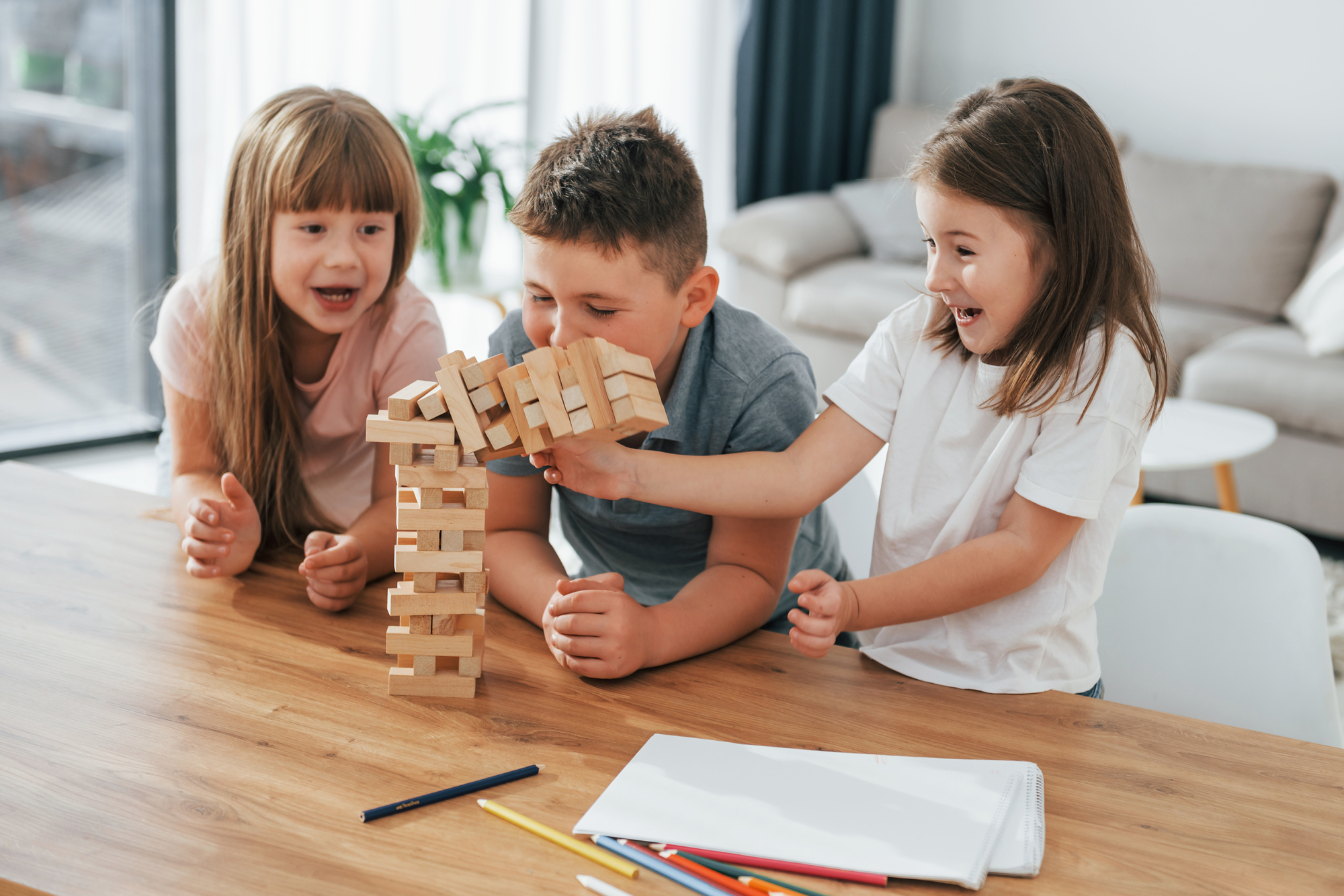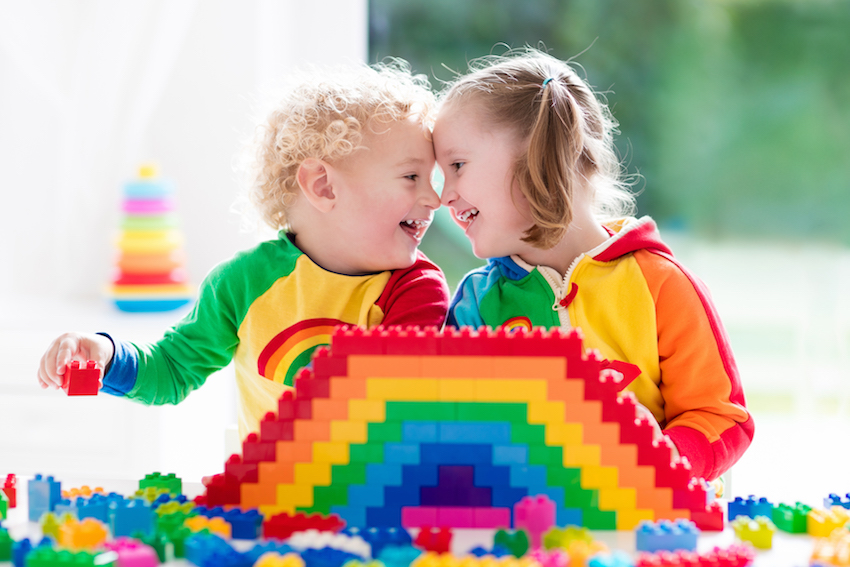Play has a wide variety of physical, mental, emotional, and social health benefits. It is far from being a light-hearted, purposeless activity, play is crucial to the development of our physical bodies and brains, as well as our social and emotional wellbeing.
-
It Helps to Build a Healthy Body
Play is essential when it comes to developing a healthy body during childhood.
When children play, they develop reflexes and learn fine and gross motor skills. Their flexibility increases and they learn balancing skills to help them throughout their life. Play strengthens bones, muscles, the heart and can reduce health conditions such as obesity and diabetes. Outdoor play exposes children to sunlight, natural environments and fresh air, further contributing to a robust immune system.
In addition to the positive physical benefits, play is also important for emotional and mental development.
-
It Builds a Healthy Brain
Play is an integral part of neurological growth in children. Through play, babies explore their environment and make sense of new and different information. It is these experiences through play, that help babies strengthen and expand the networks of connections in their developing brains.
Play increases the size of the prefrontal cortex, meaning that the brain is more efficient at making plans, solving problems, and regulating and identifying emotions, all things required for social successful social interactions.
Play is essential for growth and development of a fully functional brain. These benefits do not stop in adulthood, play helps to keep the brain sharp, creative and reduces stress.
-
It Develops Vocabulary and Language
Pretend and other forms of play, help children to improve their speaking ability and their understanding of the words they are saying. Interacting and playing with other children is also another way in which children expand their vocabulary and language. Children love to learn new phrases from those around them!
-
It Teaches Emotional Intelligence
Through play, children learn self-regulation as they follow social norms and observe others whilst learning how to feel and control their emotions. Play also teaches children how to set and change rules, and how to decide when the lead or follow.
In addition to creating emotional intelligence, play helps to increase a child’s self-esteem. Further assisting the child’s confidence and resilience in order to find their place in the world.
It is important to note that children do not need a vocabulary in order to let us know how they are feeling. From a young age children show us that they can express their views, experiences and frustrations through play.
-
It Builds Healthy Friendships and Relationships
Emotional intelligence and play go hand in hand when it comes to establishing and maintaining peer friendships and relationships. Friendships have a huge impact on well-being.
Friendships in the early years help to establish social skills, turn taking, emotional skills and further promotes a sense of belonging. Adult friendships help to build a supportive network and reduce stress.
-
It Encourages Healthy Parent-Child Relationships
The developmental trajectory of children is mediated by relationships with parents and caregivers, one of the primary ways these relationships develop is through play.
Playing with your child signals that they are important to you. Whilst playing, parents can learn a lot about their child. Parents can also teach life lessons such as how to be a good winner and how to include everyone in a game. It is the undivided attention that shows your child, they are valued. Play paths the way for open communication, which then builds the foundation as they progress to their teenage years.
-
It Teaches Cooperation
It is through play that children enhance their fine and gross motor skills. When children engage in free play, they also gain critical knowledge about how to cooperative with others.
Whilst playing cooperatively with others is important for children, it can often be quite a difficult skill to acquire. Some children work instinctively well with others, but most need assistance developing this skill.
-
It Teaches Problem-Solving
Cooperative play can often be a difficult skill to acquire. Whilst some children instinctively work well with others, for most they will need assistance developing this set of skills.
For example, by building a tower together children must work on skills such as communication, expressing emotions, sharing and turn taking. Adults can assist children by staying close and at times stepping in if needed to mediate the situation and reflect the feelings of the children involved.
-
Stimulates Creativity
When children are given the opportunity to play, they have the time to imagine and create. Children develop their creativity in many ways, for example making mud pies or testing their physical limits by learning cartwheels.
It is the ability to be creative serves as a healthy outlet for children to express their emotions and reflect on their experiences. As adults, creativity helps to think “outside the box” and better manage the stress and emotions of everyday life.
-
Reduces Stress and Builds Resilience
Play is fun, and it is important to note that it is not just for children. Play triggers the release of endorphins, the body’s natural feel-good chemical and therefore helps to promote an overall sense of well-being and can even temporarily relieve pain.
Playing outside, especially for unstructured playtime, is incredibly important when it comes to developing social and emotional skills like problem-solving, critical thinking and using imagination. These skills also provide coping mechanisms for dealing with stress and anxiety which may arise in the future.






